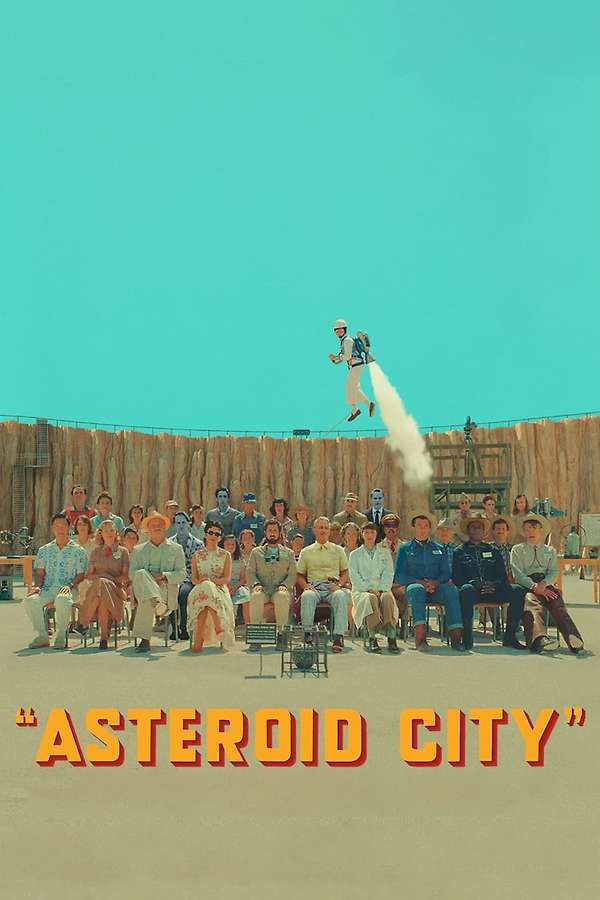
Wes Anderson’s “Asteroid City”’s rhythm is frenetic, and it's hard to find time to breathe. I had heard that it was a bit over the top, even for Wes Anderson fans, and it is indeed true. However, the lighting is spectacular, and I think the images will stay forever in the minds of those who see it.
The film addresses loneliness, being an outcast, and how different scales of life impact each other: from personal to communal, national, or even cosmic levels. Individuals have little control over threats like nuclear war, quarantines, or UFO interventions, or even over how to grieve, both individually and collectively. It emphasizes that everyone has a role to play at every level, encapsulated in the final mantra, "You can't wake up if you don't fall asleep." This suggests that being perpetually active and busy might prevent us from seeing the bigger picture of our intentions with our lives or the impact we can have on challenging the absurdities of our Western governments.
Wes Anderson's usual magic lies in his movies being so rich in details that they offer a new experience with each viewing. They create a framework where your attention can explore different details each time. "Asteroid City" seems to be no exception, and I look forward to watching it again.